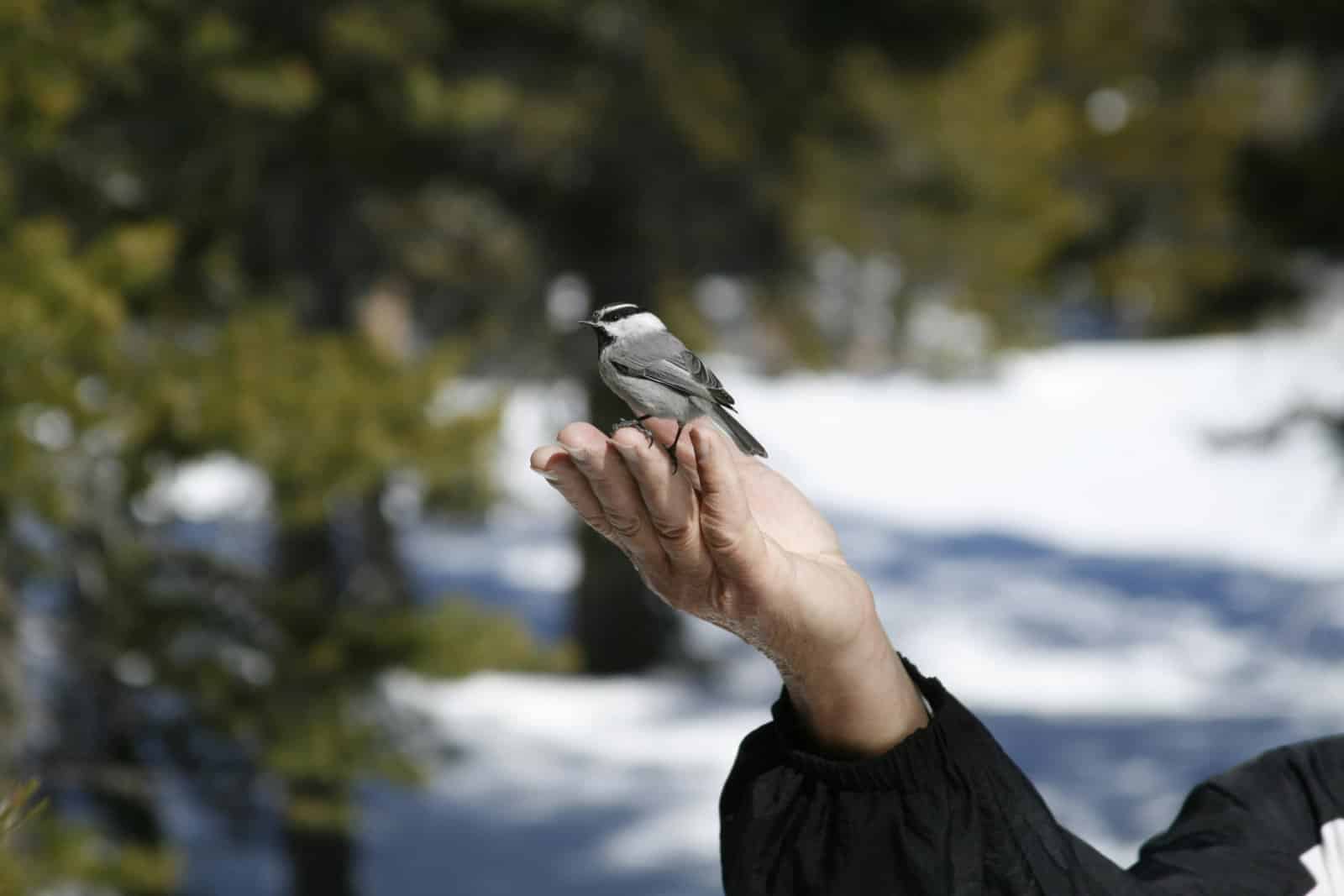Navigating the English language is akin to embarking on a whimsical journey through history and culture, with each phrase revealing its peculiar backstory. Here’s a humorous dive into 21 English phrases that seem to have been conjured up during a particularly quirky moment in time, complete with a hint at their origins.
#1. “Bob’s Your Uncle”

The quintessential way to declare “and there you have it!” Ironically, it may have originated from British Prime Minister Robert Cecil’s act of nepotism when he appointed his nephew as Chief Secretary for Ireland in the 1880s – easy peasy!
#2. “More Holes Than a Swiss Cheese”

Used to describe something full of flaws. This simile draws on the iconic, holey nature of Swiss cheese, which, thanks to the cheese-making process, ends up with more gaps than a poorly planned alibi.
#3. “Mad as a Hatter”

This phrase reflects the mercury poisoning common among hatmakers in the 18th and 19th centuries, leading to erratic behavior. It’s a reminder that fashion can indeed drive one mad.
#4. “It’s Raining Cats and Dogs”

Stemming from 17th-century England, this vivid description of heavy rain might relate to times when storms were so severe that animals were swept away, creating a rather grim urban legend.
#5. “Piece of Cake”

Because what could be easier than eating cake? This sweet analogy for simplicity likely has its roots in the 1870s when cakes were given as prizes for winning competitions.
#6. “Let the Cat Out of the Bag”

A phrase that originally referred to being swindled in a market, where a piglet sold in a bag was sneakily replaced with a less valuable cat. The buyer only discovered the trick upon releasing the cat.
#7. “Bite the Bullet”

A gritty call to face discomfort head-on, dating back to when soldiers would literally bite on a bullet during surgery without anesthesia, a testament to enduring the unbearable.
#8. “Kicking the Bucket”

This euphemism for death might come from the old practice of standing on a bucket to hang oneself, where kicking the bucket quite literally meant the end.
#9. “Barking up the Wrong Tree”

From the early American hunting practice where dogs might mistakenly bark at the base of the wrong tree, indicating the hunter’s target had escaped elsewhere.
#10. “Don’t Throw the Baby Out With the Bathwater”

A 16th-century German proverb warning against discarding something valuable while trying to get rid of something undesirable, inspired by the sequential use of bathwater that left the baby bathing last.
#11. “Spill the Beans”

This might trace back to ancient Greece, where beans were used to vote secretly. Spilling them prematurely would reveal the vote – literally letting the cat out of the bag.
#12. “Burning the Midnight Oil”

Before electricity, working into the night meant burning oil lamps late, symbolizing dedication (or procrastination).
#13. “A Different Kettle of Fish”

An 18th-century phrase possibly arising from the custom of presenting fish in a kettle during picnics, signifying a situation distinct from its usual context.
#14. “Through Thick and Thin”

Originating from the old English practice of describing forests, it refers to steadfastness, whether moving through dense (thick) or sparse (thin) vegetation.
#15. “When Pigs Fly”

A timeless expression of impossibility that might have its roots in old Scottish sayings, highlighting the absurdity of certain outcomes.
#16. “Hit the Nail on the Head”

Dating back to at least the 15th century, this phrase for getting something exactly right possibly stems from the precision required in carpentry.
#17. “A Bird in the Hand Is Worth Two in the Bush”

A 15th-century proverb emphasizing the value of holding onto something certain rather than risking it all for something uncertain.
#18. “Beat Around the Bush”

From bird hunting, where beating the bush would rouse birds into flight, it’s now used to describe avoiding the main issue.
#19. “At Sixes and Sevens”

A phrase that may originate from a 14th-century dispute between two London guilds over precedence, symbolizing a state of confusion or disarray.
#20. “Put All Your Eggs in One Basket”

A cautionary saying that advises against risking everything on a single venture, likely based on the practical advice of diversifying one’s assets.
#21. “The Pot Calling the Kettle Black”

This phrase for hypocrisy might come from a time when cooking pots and kettles were both blackened by soot, making the accusation absurdly ironic.
As we explore these phrases, it’s clear that the English language is a treasure trove of history, humor, and the human condition. From the practical to the fantastical, each expression carries a story, inviting us to ponder and chuckle over the linguistic legacies passed down through generations. So next time you find yourself “barking up the wrong tree” or facing a situation that’s “a different kettle of fish,” remember the rich tapestry of language that brought these phrases to life.
More Articles Like This…
Broken Britain: 12 Reasons Behind the UK’s Decline
Say the Unsayable: 10 Occasions When Farage Spoke His Mind About Britain
The post Bob’s Whose Uncle? 21 British Phrases That Baffle Foreigners first appeared on Edge Media.
Featured Image Credit: Shutterstock / Deflector Image.
Sarah Griffin is an experienced writer known for her incisive analysis of UK politics and human rights issues. Her work blends depth and clarity, providing insightful and often satirical commentary on the contemporary political landscape

